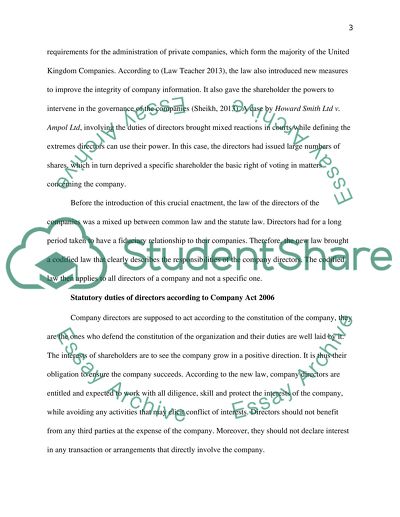Cite this document
(“Company Law Essay Example | Topics and Well Written Essays - 2000 words - 9”, n.d.)
Company Law Essay Example | Topics and Well Written Essays - 2000 words - 9. Retrieved from https://studentshare.org/law/1682378-company-law
Company Law Essay Example | Topics and Well Written Essays - 2000 words - 9. Retrieved from https://studentshare.org/law/1682378-company-law
(Company Law Essay Example | Topics and Well Written Essays - 2000 Words - 9)
Company Law Essay Example | Topics and Well Written Essays - 2000 Words - 9. https://studentshare.org/law/1682378-company-law.
Company Law Essay Example | Topics and Well Written Essays - 2000 Words - 9. https://studentshare.org/law/1682378-company-law.
“Company Law Essay Example | Topics and Well Written Essays - 2000 Words - 9”, n.d. https://studentshare.org/law/1682378-company-law.


